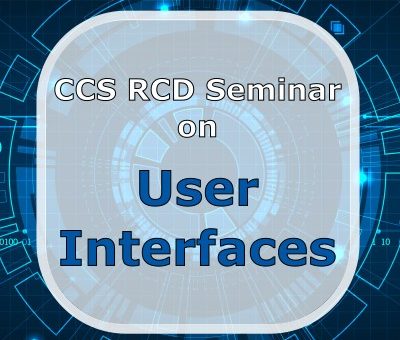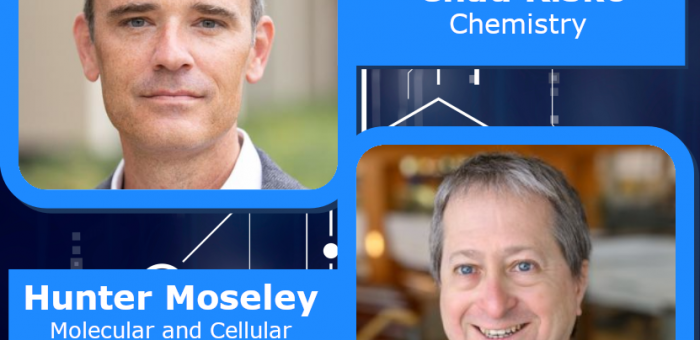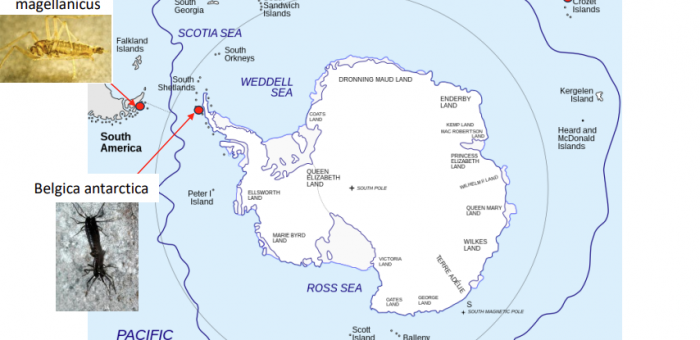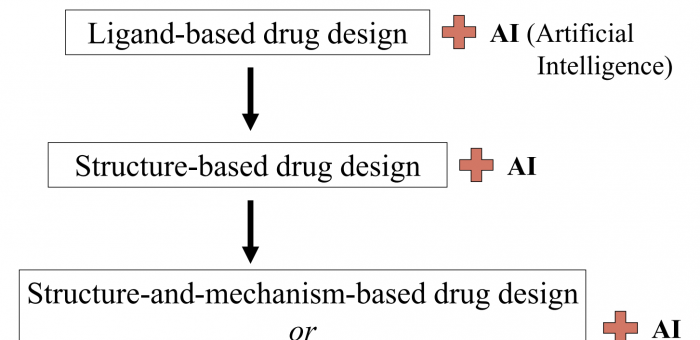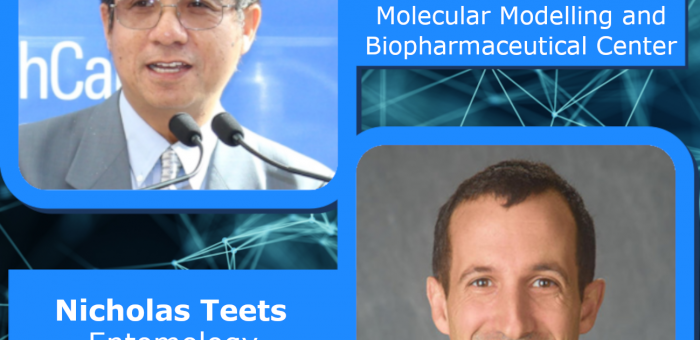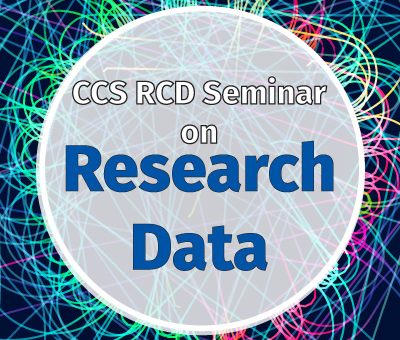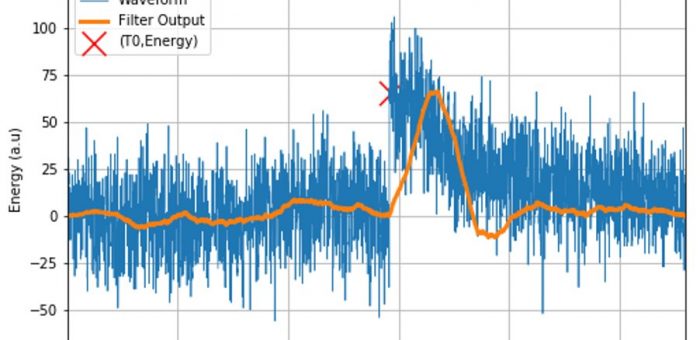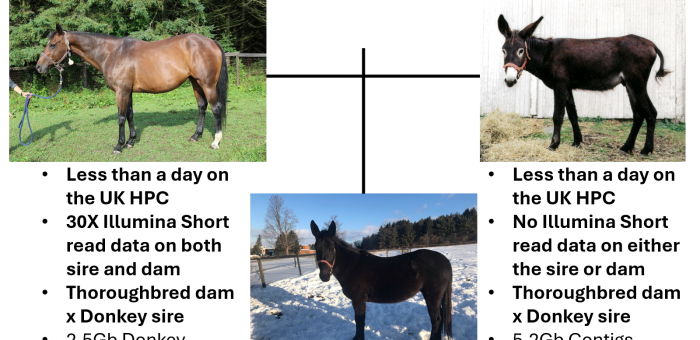
CCS RCD Seminar – May 7, 2024
May 7, 20243:00 pm – Refreshments3:30 pm – Presentation Speaker:Emilio Romano-Diaz, Argelander-Institute for Astronomy, University of Bonn, Germany Where:Davis Marksbury Building – James F. Hardymon Theatre(Zoom link: https://uky.zoom.us/s/84474671604) Title:Cosmology via big data in Astrophysics Abstract: State-of-the-art observational surveys such as the one carried out by the EUCLID mission, BOSS, DES and forthcoming ones like LSST, HETDEX among others, will cover of the order of 10000 square degrees on the sky, with the primary science goal to unravel the nature of the physics responsible for the current accelerated expansion of the universe. The unprecedented and rich data provided by these surveys will make it possible to investigate fundamental physics (e.g. inflation, neutrino properties) and astrophysics (e.g. biasing, galaxy formation). The success of future large-scale galaxy surveys evidently requires a correct interpretation…

